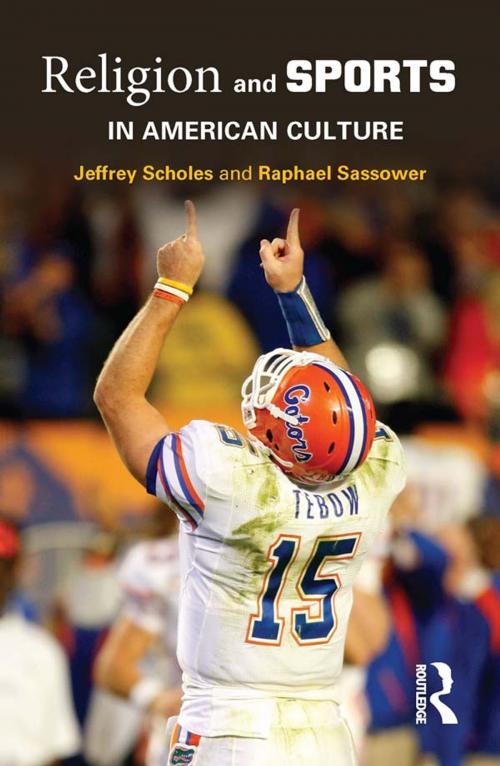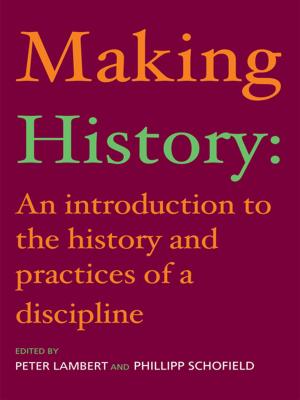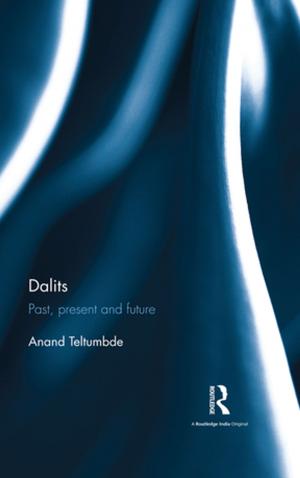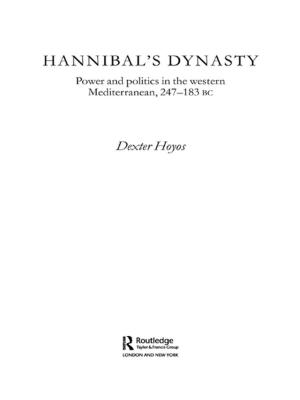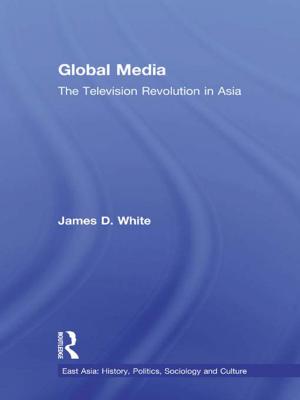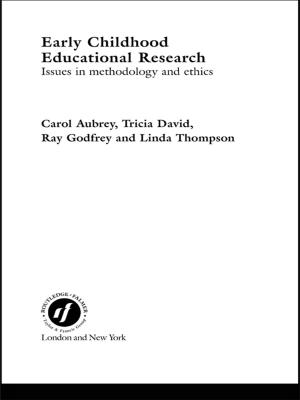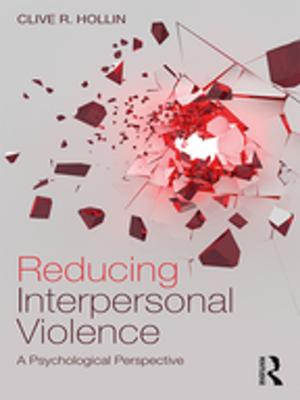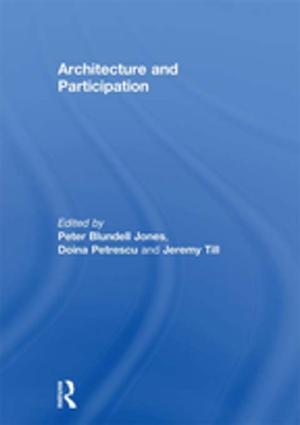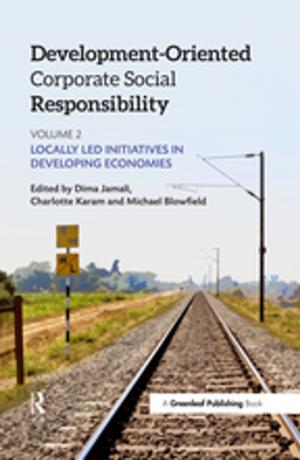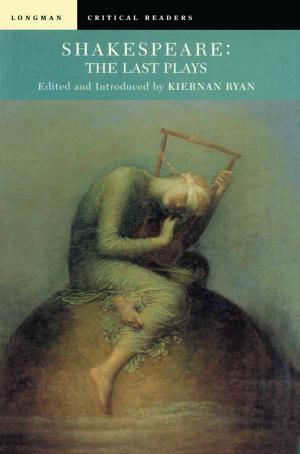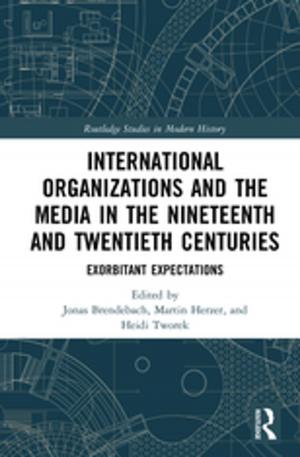Religion and Sports in American Culture
Nonfiction, Religion & Spirituality, Reference, Comparative Religion, Sports| Author: | Jeffrey Scholes, Raphael Sassower | ISBN: | 9781135121341 |
| Publisher: | Taylor and Francis | Publication: | January 3, 2014 |
| Imprint: | Routledge | Language: | English |
| Author: | Jeffrey Scholes, Raphael Sassower |
| ISBN: | 9781135121341 |
| Publisher: | Taylor and Francis |
| Publication: | January 3, 2014 |
| Imprint: | Routledge |
| Language: | English |
Religion and Sports in American Culture explores the relationship between religion and modern sports in America. Whether found in the religious purpose of ancient Olympic Games, in curses believed to plague the Chicago Cubs, or in the figure of Tim Tebow, religion and sports have been and are still tightly intertwined. While there is widespread suspicion that sports are slowly encroaching on the territory historically occupied by religion, Scholes and Sassower assert that sports are not replacing religion and that neither is sports a religion. Instead, the authors look at the relationship between sports and religion in America from a post-secular perspective that looks at both discourses as a part of the same cultural web. In this way each institution is able to maintain its own integrity, legitimacy, and unique expression of cultural values as they relate to each other. Utilizing important themes that intersect both religion and sports, Scholes and Sassower illuminate the complex and often publicly contentious relationship between the two.
Appropriate for both classroom use and for the interested non-specialist, Religion and Sports in American Culture brings pilgrimage, sacrifice, relics, and redemption together in an unexpected cultural continuity.
Religion and Sports in American Culture explores the relationship between religion and modern sports in America. Whether found in the religious purpose of ancient Olympic Games, in curses believed to plague the Chicago Cubs, or in the figure of Tim Tebow, religion and sports have been and are still tightly intertwined. While there is widespread suspicion that sports are slowly encroaching on the territory historically occupied by religion, Scholes and Sassower assert that sports are not replacing religion and that neither is sports a religion. Instead, the authors look at the relationship between sports and religion in America from a post-secular perspective that looks at both discourses as a part of the same cultural web. In this way each institution is able to maintain its own integrity, legitimacy, and unique expression of cultural values as they relate to each other. Utilizing important themes that intersect both religion and sports, Scholes and Sassower illuminate the complex and often publicly contentious relationship between the two.
Appropriate for both classroom use and for the interested non-specialist, Religion and Sports in American Culture brings pilgrimage, sacrifice, relics, and redemption together in an unexpected cultural continuity.
